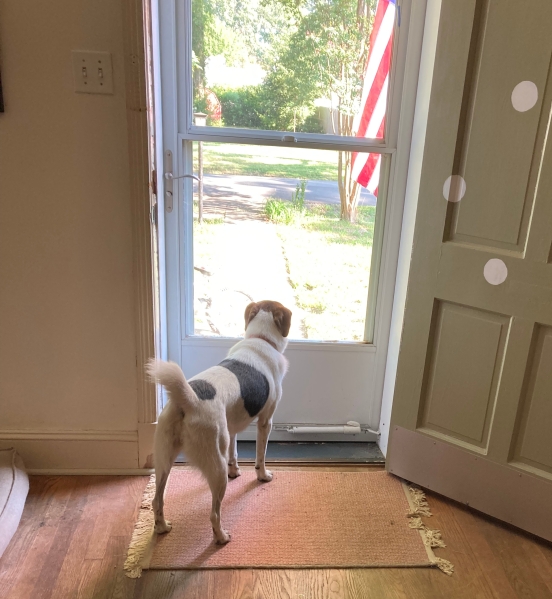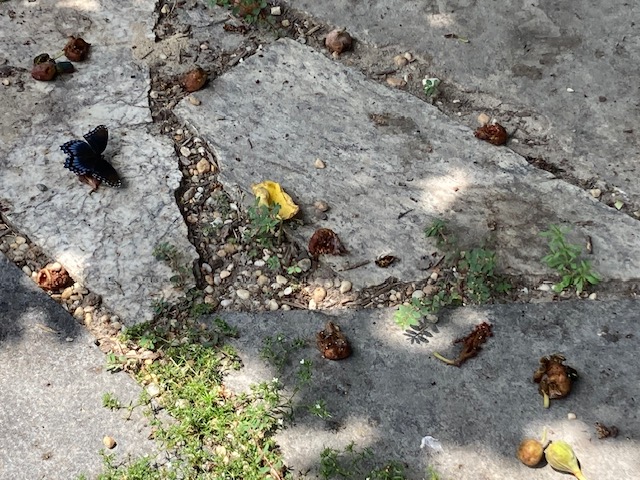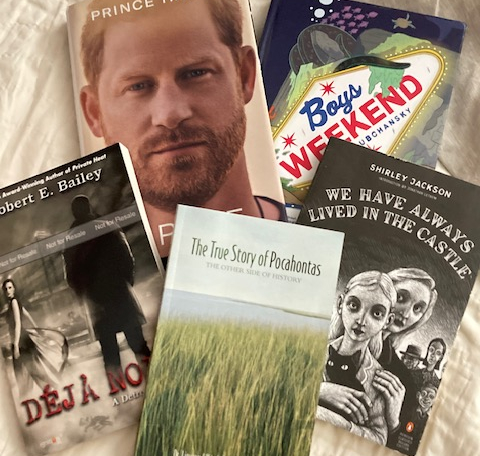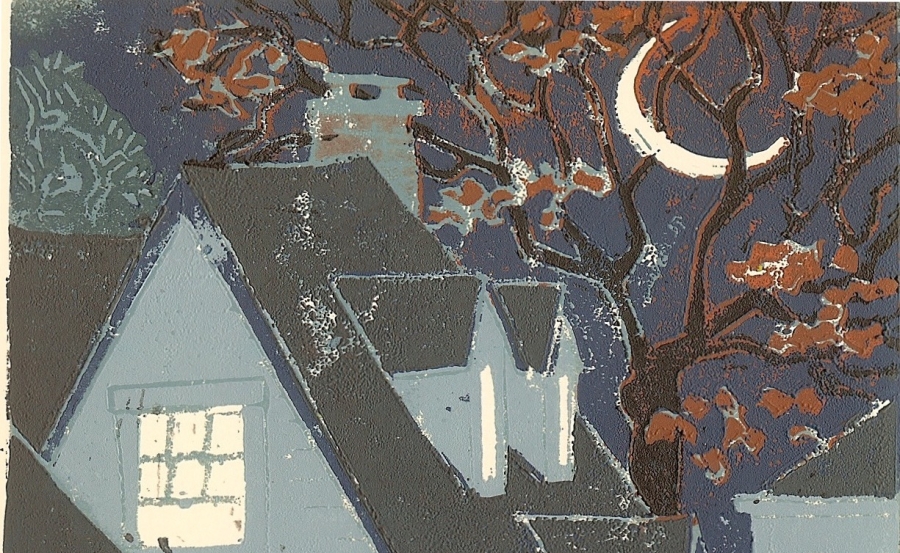I have an enormous capacity to suspend disbelief, especially while reading. As long as poor writing doesn’t jolt me out of my mesmerized state, I happily follow along. This allows me to enjoy a cozy mystery or a romance novel or fiction dipped in magical realism. But it is not useful when reading a newspaper article.
This morning’s Washington Post article “Why you should almost always wash your clothes on cold” had me nodding along, all in. Oh, yes! Cold water is good for everything. Powdered laundry detergent only! No dryer sheets!
Luckily, there’s a comment section below the article where other readers snap me back into the bigger picture. Thank you FishyBulb for reminding me that my carbon footprint is nothing compared to the 80-90% of CO2 emissions from energy production, industry/agribusiness, transportation, and building. “You could disappear every house in the country and we’d still have 90% of the problem,” FishyBulb writes.
Yes, I can slow the spinning dial on my electric meter, save wear and tear on my clothes, etc., following suggestions from the WaPo article, but, as the book The Big Fix explains, “the world will not be saved by conscientious green consumers.” The climate change problem is too big for that.
The Big Fix outlines the cause of the problem and instructions for green citizens. “We need to focus, together, on a relatively small number of public policies that can, over time, bring about sweeping change.”
Little changes—like hanging our laundry out to dry—are helpful, but the emphasis on our individual carbon footprints encourages us to feel smug about those sheets flapping in the breeze while distracting us from our primary responsibility to push for substantial changes. (FishyBulb says the carbon footprint concept is marketing from polluter BP to absolve themselves from responsibility.)
I hoped The Big Fix would provide an alternative to wallowing in despair. And it does. The authors explain our climate change problem and offer instructions for us citizens to meaningfully address that problem.
One of my actions: A letter to our county officials that explains my husband’s plan for efficient operation of our trash collection behemoths. Adoption of this plan would mean less noise in the neighborhood, less maintenance on the trucks, and less air pollution. What he and I might do next depends on what response we get from the county.
And where did I learn of this helpful book?
From a newspaper, of course.









